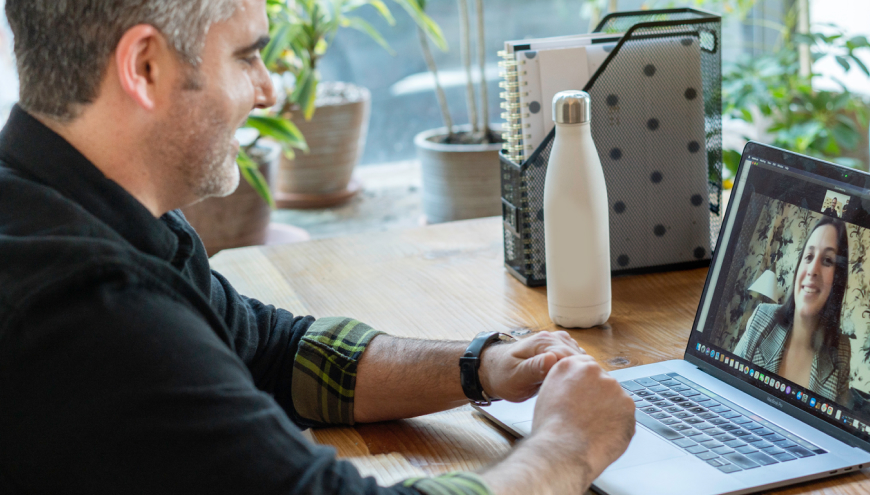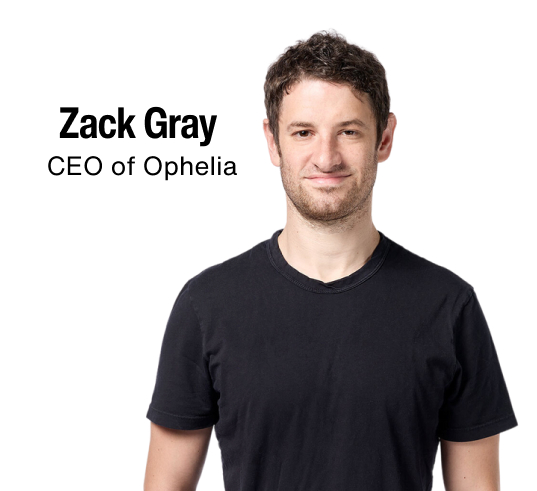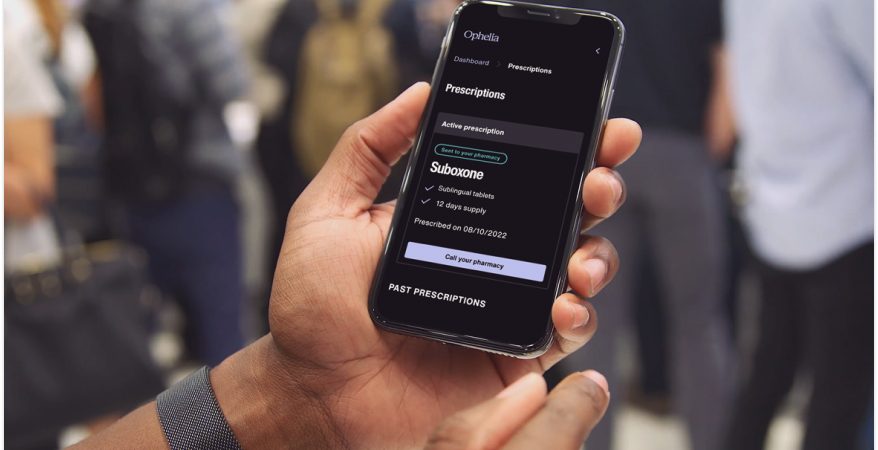The opioid crisis has resulted in record-breaking overdose deaths in recent years. Across the country, overdose deaths remain the leading cause of death for Americans under 50.1 But Philadelphia families endure more than their share.
According to the Philadelphia Department of Public Health, the city faced 1,276 overdose deaths in 2021. To put this into perspective, the number of deaths from opioid overdose is higher than the number of deaths from homicide.2
The problem is that we have the tools to curb the number of deaths, but we’re not making great use of them.
Research has shown that one of the most effective ways to treat opioid use disorder (OUD) is through three medications approved by the U.S. Food and Drug Administration — naltrexone, methadone, and buprenorphine.3
Medication-assisted treatment (MAT) for opioid use disorder (OUD) is life-saving.4 The medications, which don’t produce a high at prescribed doses, are vital to reducing withdrawal symptoms and therefore keep patients in treatment (and alive) far longer than approaches that don’t use medication.
Take rehab, for example. Most rehab facilities don’t offer medications for opioid use disorder, which make the programs ineffective and often deadly. By contrast, using evidence-based medicine as treatment vastly reduces the mortality rate for those addicted.
Even outside of rehab facilities, there are barriers to accessing these medications (one of the most popular ones goes by the brand name Suboxone). For example, Philadelphia residents may try to see a doctor who has admission requirements, or don’t take new patients. Or they may get discouraged by calling a long list of doctors’ offices to see who has a slot. When treatment becomes burdensome or impossible, those who are interested in seeking help are at increased risk of giving up and becoming a statistic.
That’s where telemedicine comes in. It is a crucial solution that we must turn to in cities like Philadelphia and across the country.
Research shows that telemedicine (yes, seeing a doctor online through your phone or computer) is effective at helping to expand and reduce the risk of overdose, according to a study by the National Institute on Drug Abuse.5
“The expansion of telehealth services for people with substance use disorders during the pandemic has helped to address barriers to accessing medical care for addiction throughout the country that have long existed,” said Wilson Compton, M.D., M.P.E, deputy director of NIDA and senior author of the study. “Telehealth is a valuable service and, when coupled with medications for opioid use disorder, can be lifesaving.”

Ophelia is making medication as accessible as it should be
Online telemedicine provider, Ophelia, is working to ensure every person affected by opioid addiction can get timely and effective treatment.
“Decades of science have given us a treatment that works and is low cost, convenient, and discreet,” said Ophelia co-founder and CEO Zack Gray.
“In many ways, it resembles the treatment for anxiety or depression that one in six of us is getting: chronic medication and counseling,” said Gray.6 “MAT reduces overdoses by 66-80%, with similar adherence to treatment for other chronic disorders such as diabetes, depression, and high blood pressure.”
Simply put, it’s time to end the stigma around using medication to treat addiction. In fact, according to the UN, CDC, NIH, SAMHSA, and AMA, medication-assisted treatment is the gold standard of care for OUD. Research from the National Institute on Drug Abuse found that MAT has a trio of undeniable benefits: It reduces opioid use, opioid-related overdose deaths, as well as infectious disease transmission.7
That’s why the hoops patients have to jump through to access Suboxone are nothing short of maddening. “It’s easier to get the medication from a drug dealer than a doctor,” said Gray.

How online opioid addiction treatment actually works
Ophelia offers treatment programs that include online care visits combined with a prescription for FDA-approved Suboxone.
Before finding their way to Ophelia, many patients — like Lewis, a Pennsylvania resident and patient since 2021 — have tried everything to get help with their addiction. But without medication, relapse is almost a given. “I attempted detox programs, meetings, and rehabs. Inevitably, I would always find a way back,” said Lewis.
The reason that non-medication treatment options fail Lewis and many others is not that their willpower isn’t strong. It’s that traditional addiction practices are largely ineffective at treating OUD. The model was first created based on the 12 steps of Alcoholics Anonymous, and the overarching problem is that it’s not equipped to handle the changes in the brain associated with regular opioid use.
At first, thinking he had exhausted all his options, Lewis was reluctant to reach out to Ophelia.
“I was at a point where I wanted help. One of the worst times of my life was when I overdosed, and a family member found me facedown on the bathroom floor,” said Lewis. “Around that time, I heard about Ophelia. I ignored it, believing it was a scam. But a couple of weeks went by and the name of the company popped up again. I didn’t want to keep trying treatments that didn’t work so I scheduled a call.”
As Lewis discovered, millions of Americans have remained in long-term treatment for opioids by taking Suboxone. The medication is associated with a 70-80% reduction in death.8
“When patients are on it, they get their lives back,” said Gray. “But there is a stigma around it. People falsely claim that you’re trading one addiction for the next, but there’s a really big difference between addiction and dependence. Someone who has seizures is dependent on their anti-seizure medication. You wouldn’t say they’re a drug addict — you would say they take their medication daily.”
Getting started with Ophelia
Ophelia’s subscription-based service includes all clinician visits (they take place via video calls), Suboxone management, and ongoing support from the dedicated Ophelia care team. Frequent touchpoints, care coordination, and care navigation offer all the support one would need, seven days a week.
Importantly, one of the services that Ophelia helps with is insurance and Medicaid coverage. Even if a patient doesn’t know whether they have insurance and what their plan covers, Ophelia can support.
“After the first call with Allison, my clinician, I thought, ‘Oh wow, this is real!’ She is absolutely amazing,” said Lewis. “My team asks how I’m doing and we talk about goals and ways to accomplish them. Allison genuinely wants me to do well and that’s helped keep me going. Ophelia has changed my life.”
Accepting Medicaid, private insurance, and cash plans, Ophelia’s virtual care model is designed to be accessible to everyone. With flexible appointments, patients can speak with clinicians at convenient times, without missing out on work or needing childcare to access treatment.
If you or a loved one requires opioid addiction treatment, Lewis said, “You have to know you aren’t alone. You can learn from your mistakes and make a difference, and that is what counts.”
To learn more about medication-assisted treatment and how to get started, visit Ophelia.com.

